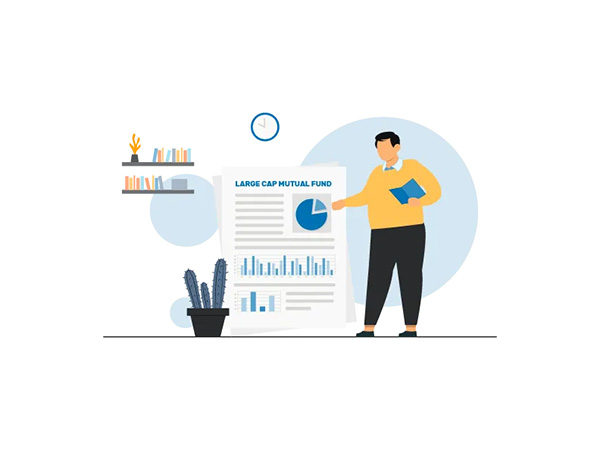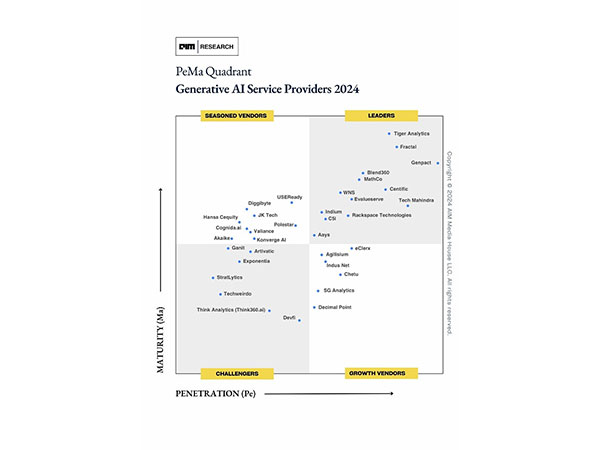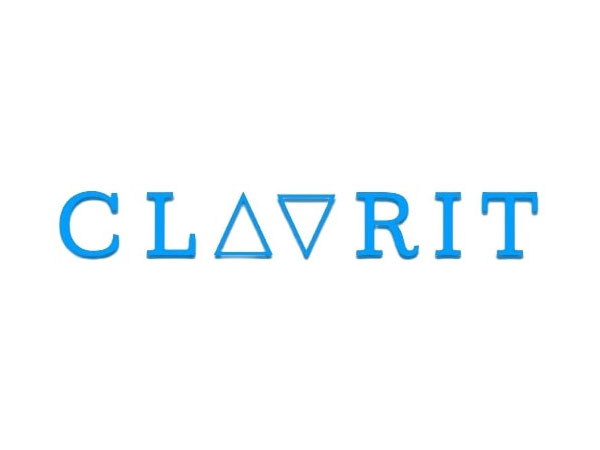Large cap funds: A suitable investment option in a growing India
Jul 25, 2024
NewsVoir
Pune (Maharashtra) [India], July 25: Equity investments offer significant growth potential in the long-term, but the associated risks can make investors apprehensive. Large cap mutual funds present a unique opportunity to investors to access the wealth-building potential of equities while mitigating the impact of volatility on their investments.
With India being one of the world's fastest growing major economies, large cap investments have a positive outlook in coming years.
This article tells you more about large cap funds, their features and benefits, and why you can consider investing in them.
What are large cap funds?
Large cap funds are a type of equity mutual fund that invest primarily in companies with a large market capitalisation. These organisations, many of them blue-chip companies, are well-established and financially stable with a history of reliable performance. In the Indian context, large cap companies are typically those that rank within the top 100 in terms of market capitalization on the stock exchanges.
What are the features and benefits of large cap funds?
1. Relative stability: Being market leaders, large cap stocks are typically less affected by market downturns than small and mid cap stocks. They also tend to offer relatively steady return potential.
2. Strong fundamentals: Large cap funds invest in the country's leading companies. These typically have healthy balance sheets, competitive advantages and a track record of growth and strong performance.
3. Liquidity: High trading volumes translates into high liquidity, meaning you have access to funds if you need them. However, staying invested for a long horizon is recommended for optimised return potential.
4. High return potential: These funds have historically offered consistent and inflation-beating returns in the long-term. This means that they offer significant wealth-building potential over time because of their steady growth potential combined with the effect of compounding on returns.
5. Opportunity to earn dividends: Many large-cap companies distribute regular dividends, providing an additional income stream to investors in the form of Income Distribution cum capital withdrawal (IDCW) as and when declared by the fund house.
Why now is a good time to invest in large cap funds
Large cap stocks have witnessed robust growth in recent years (returns are not guaranteed and past performance may or may not be sustained in the future). With the Indian economy expected to continue growing, large cap companies are poised to benefit from this economic expansion.
Moreover, in slow and falling markets, they have performed better than small and mid-cap stocks and have also shown a speedier recovery. Moreover, large cap funds are currently nearing their fair valuation, compared to the more inflated mid and small-cap stocks. This means that they have the potential for steady and positive growth in the near future.
How to invest in large cap funds?
You can invest in large cap funds either via lumpsum or SIP. Lumpsum investments have the potential to offer higher returns in a rising market, because the entire investment gets market exposure from the start. This means enhanced opportunities for the effect of compounding. However, lumpsum investments can also be more risky, as investors need to know how to time the market.
Meanwhile, investing through a Systematic Investment Plan or (SIP) removes the need for market timing as investors leverage market ups and downs because of rupee cost averaging. When you invest through SIP, you put in a fixed amount at regular intervals regardless of market conditions. As a result, more units are purchased when markets are down and fewer when they are up. Over time, this typically reduces the per-unit price of the investment.
SIPs also enable potential wealth-creation through affordable investing. You do not need a large sum to invest in SIP - small but disciplined investments have the potential to build wealth over time through compounding. The longer the investment horizon, the more significant the potential impact of compounding.
Mutual Fund investments are subject to market risks, read all scheme related documents carefully.
This document should not be treated as endorsement of the views/opinions or as investment advice. This document should not be construed as a research report or a recommendation to buy or sell any security. This document is for information purpose only and should not be construed as a promise on minimum returns or safeguard of capital. This document alone is not sufficient and should not be used for the development or implementation of an investment strategy. The recipient should note and understand that the information provided above may not contain all the material aspects relevant for making an investment decision. Investors are advised to consult their own investment advisor before making any investment decision in light of their risk appetite, investment goals and horizon. This information is subject to change without any prior notice.
(ADVERTORIAL DISCLAIMER: The above press release has been provided by NewsVoir. ANI will not be responsible in any way for the content of the same)








